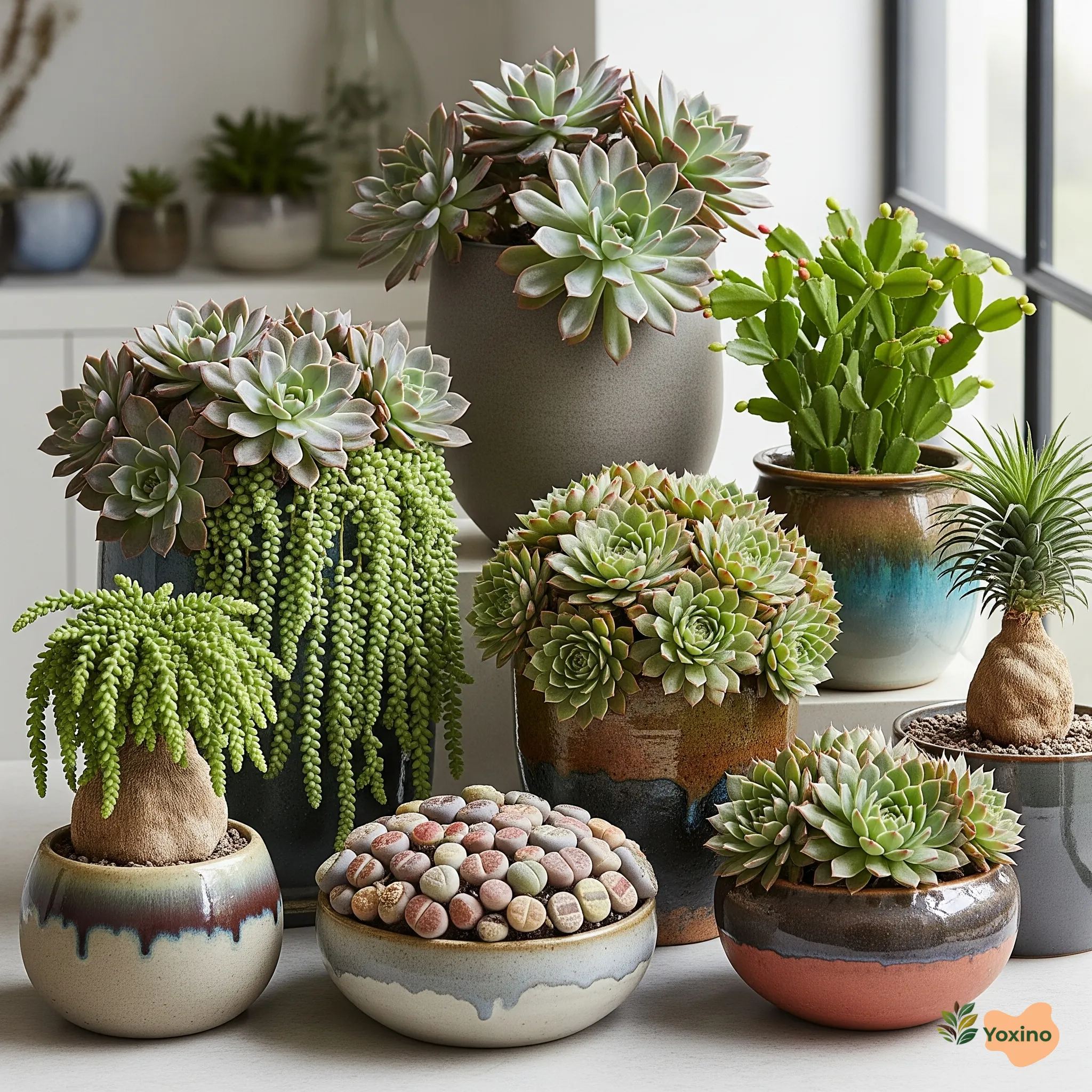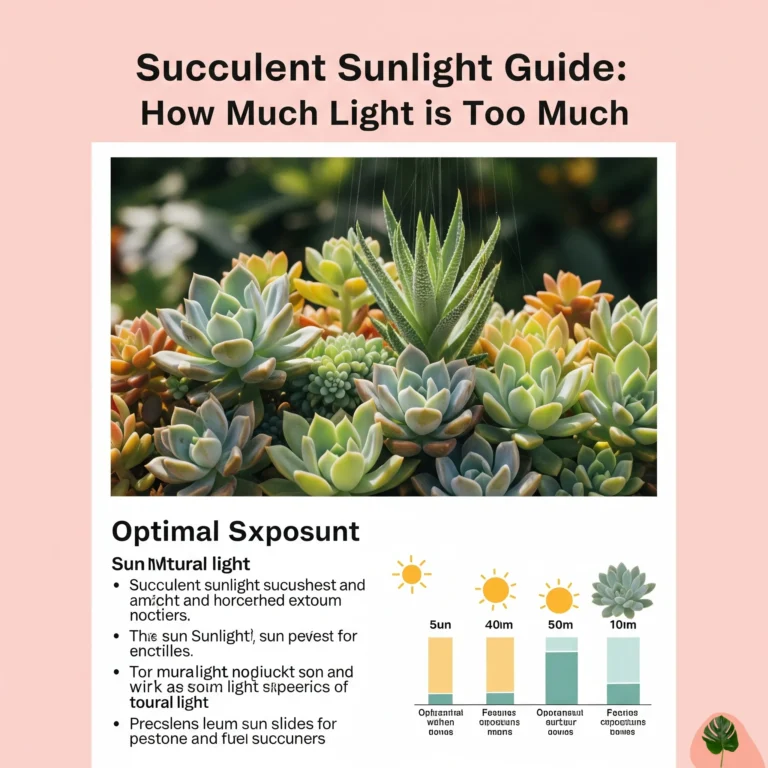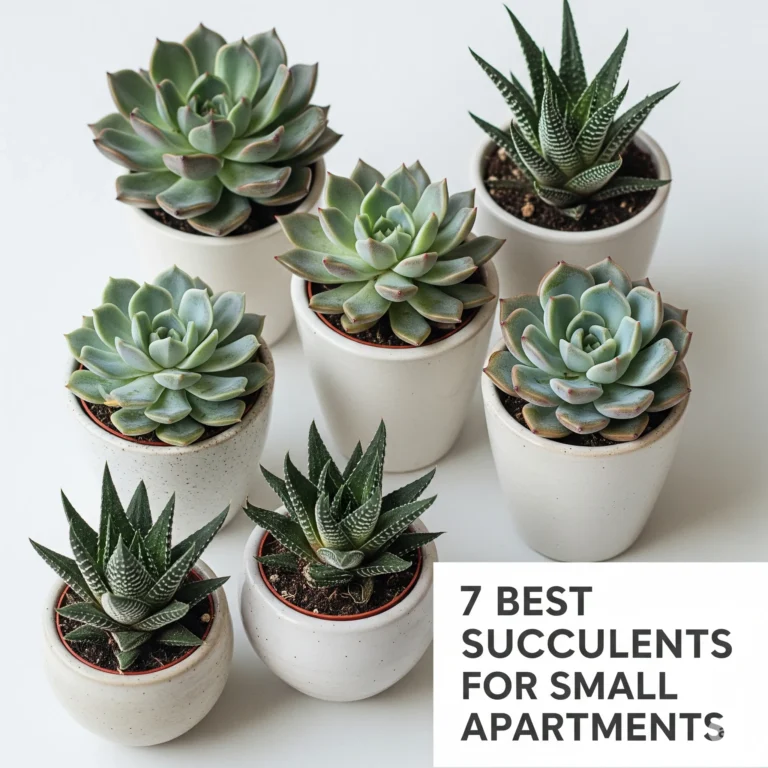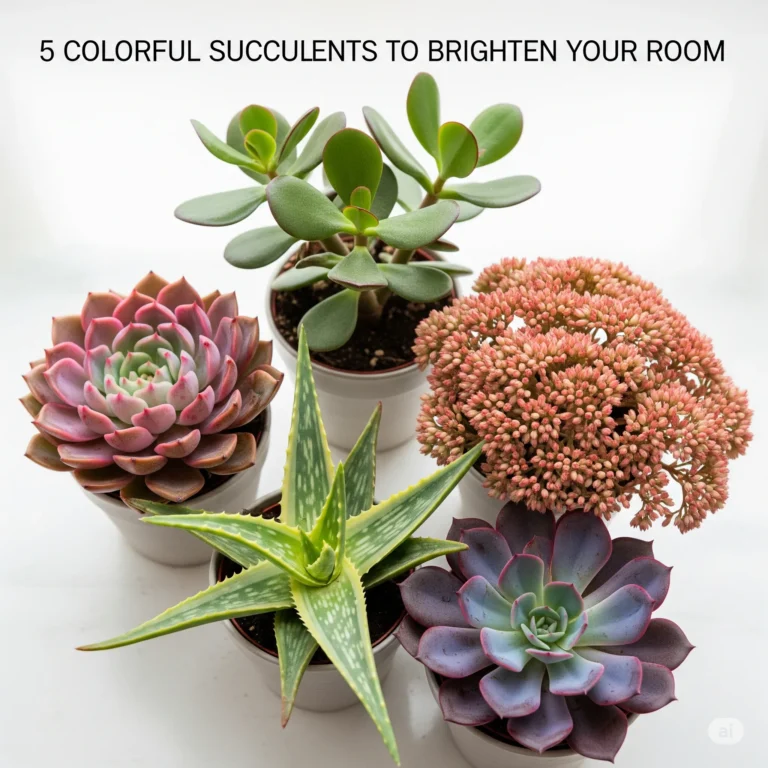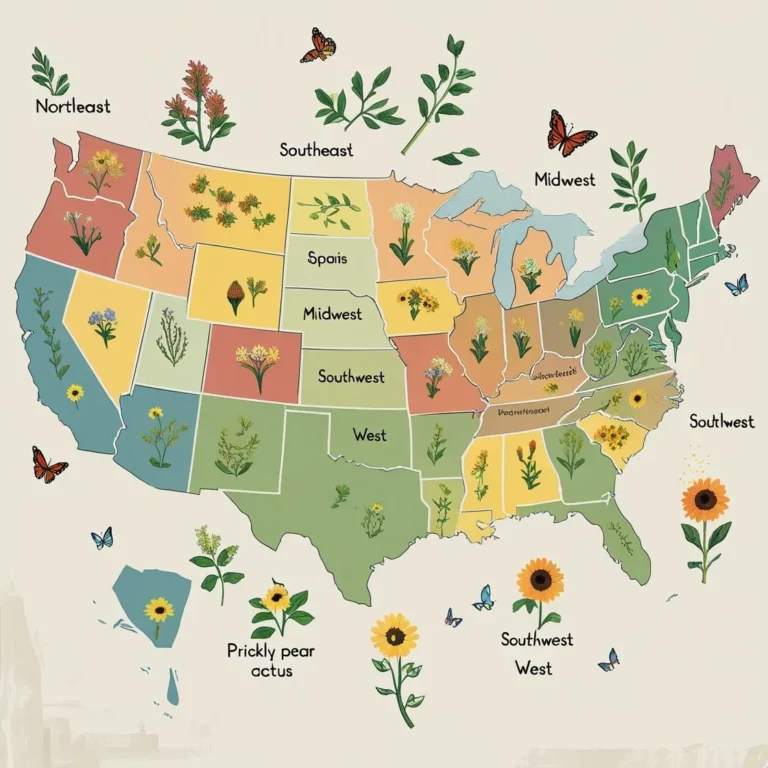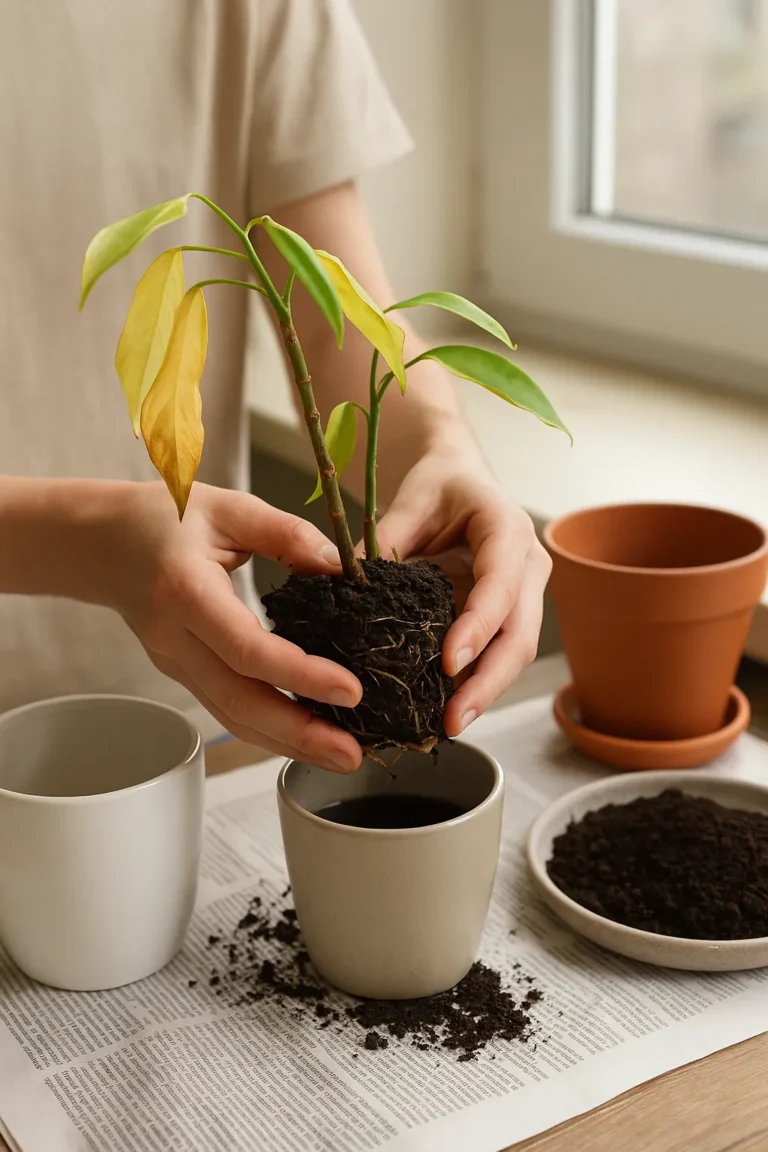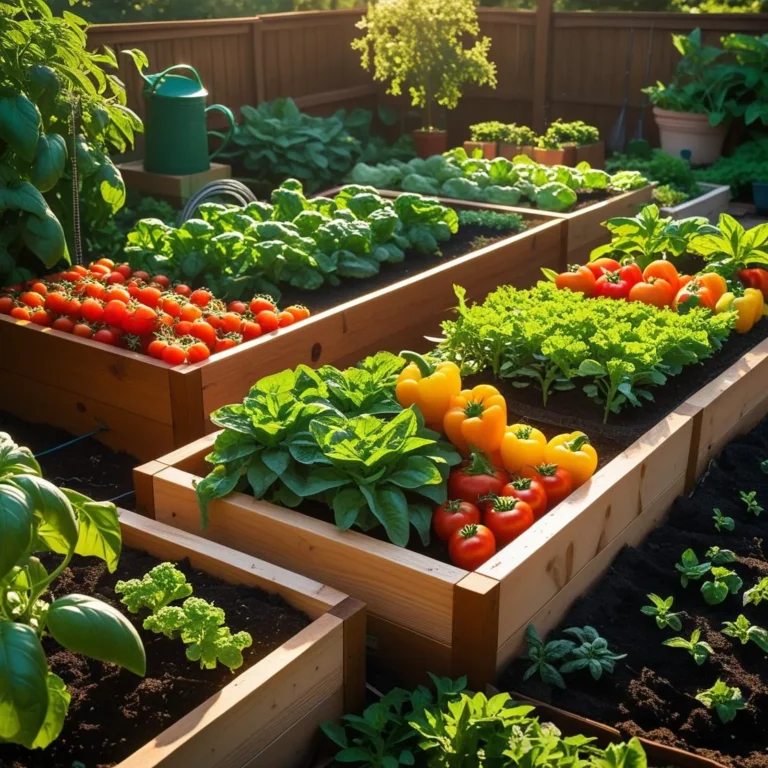Best Pet-Safe Succulents for Indoor Homes
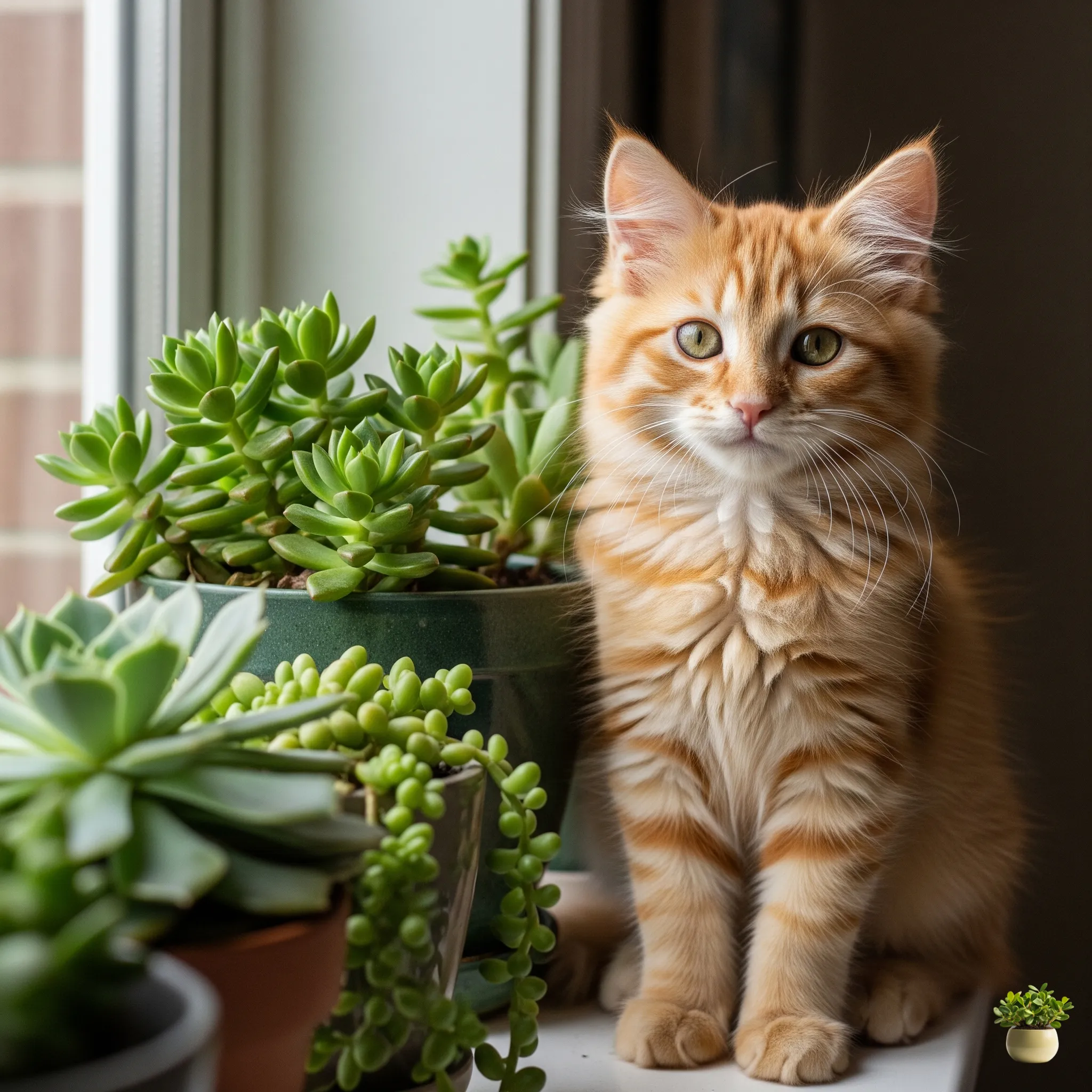
As pet owners, we want beautiful plants without risking our furry friends’ safety. The good news? Pet-safe succulents offer the perfect solution! These stunning, low-maintenance plants bring natural beauty to your home while keeping cats and dogs safe from toxic exposure. Many popular houseplants can be dangerous if ingested, but several gorgeous succulent varieties are completely safe for curious pets.
Whether you’re an apartment dweller or indoor gardening beginner, these safe succulents for cats and dogs will transform your space without worry.
Pet-Safe vs. Toxic Succulents Comparison
| Succulent Name | Pet Safe? | Notes |
|---|---|---|
| Haworthia | ✅ Yes | Compact and easy to grow |
| Burro’s Tail | ✅ Yes | Fragile leaves but safe |
| Echeveria | ✅ Yes | Variety of colors, non-toxic |
| Christmas Cactus | ✅ Yes | Blooms seasonally, pet-friendly |
| Aloe Vera | ❌ No | Toxic if ingested by pets |
| Jade Plant | ❌ No | Can cause vomiting |
| Kalanchoe | ❌ No | Highly toxic to pets |
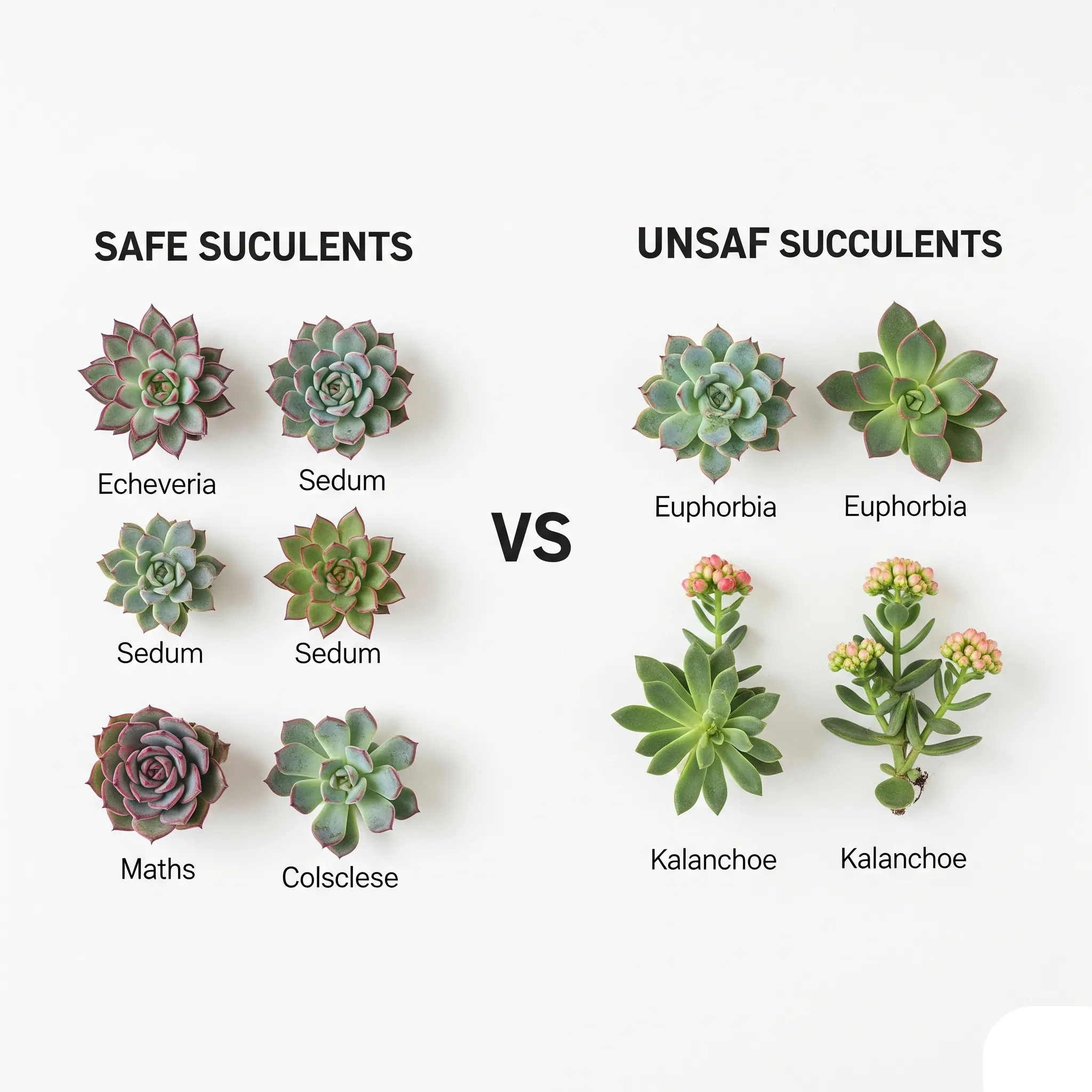
Top 5 Pet-Safe Succulents for Your Home
1. Haworthia (Zebra Plant)
Perfect for beginners, these dog-friendly plants feature striking white stripes and stay compact at 3-5 inches.
- Light: Bright, indirect sunlight
- Water: Every 2-3 weeks when soil is dry
- Safety: 100% non-toxic to cats and dogs
2. Burro’s Tail (Sedum morganianum)
This trailing succulent creates beautiful cascading displays while remaining completely safe.
- Light: Bright light, some direct sun
- Water: Monthly watering in winter, bi-weekly in summer
- Safety: ASPCA-approved as pet-safe
3. Echeveria Varieties
Available in stunning colors from blue-green to pink, these rosette-shaped beauties are ideal non-toxic houseplants.
- Light: 6+ hours bright light daily
- Water: Deep watering when soil completely dry
- Safety: Safe for all pets when not consumed in large quantities
4. Christmas Cactus (Schlumbergera)
Unlike desert cacti, this forest cactus produces gorgeous blooms and stays pet-friendly.
- Light: Bright, indirect light
- Water: Keep soil slightly moist
- Safety: Non-toxic but monitor for stomach upset if eaten
5. Hens and Chicks (Sempervivum)
These hardy succulents safe for pets multiply easily, giving you more plants for free!
- Light: Full sun to partial shade
- Water: Minimal watering needed
- Safety: Completely safe for curious pets
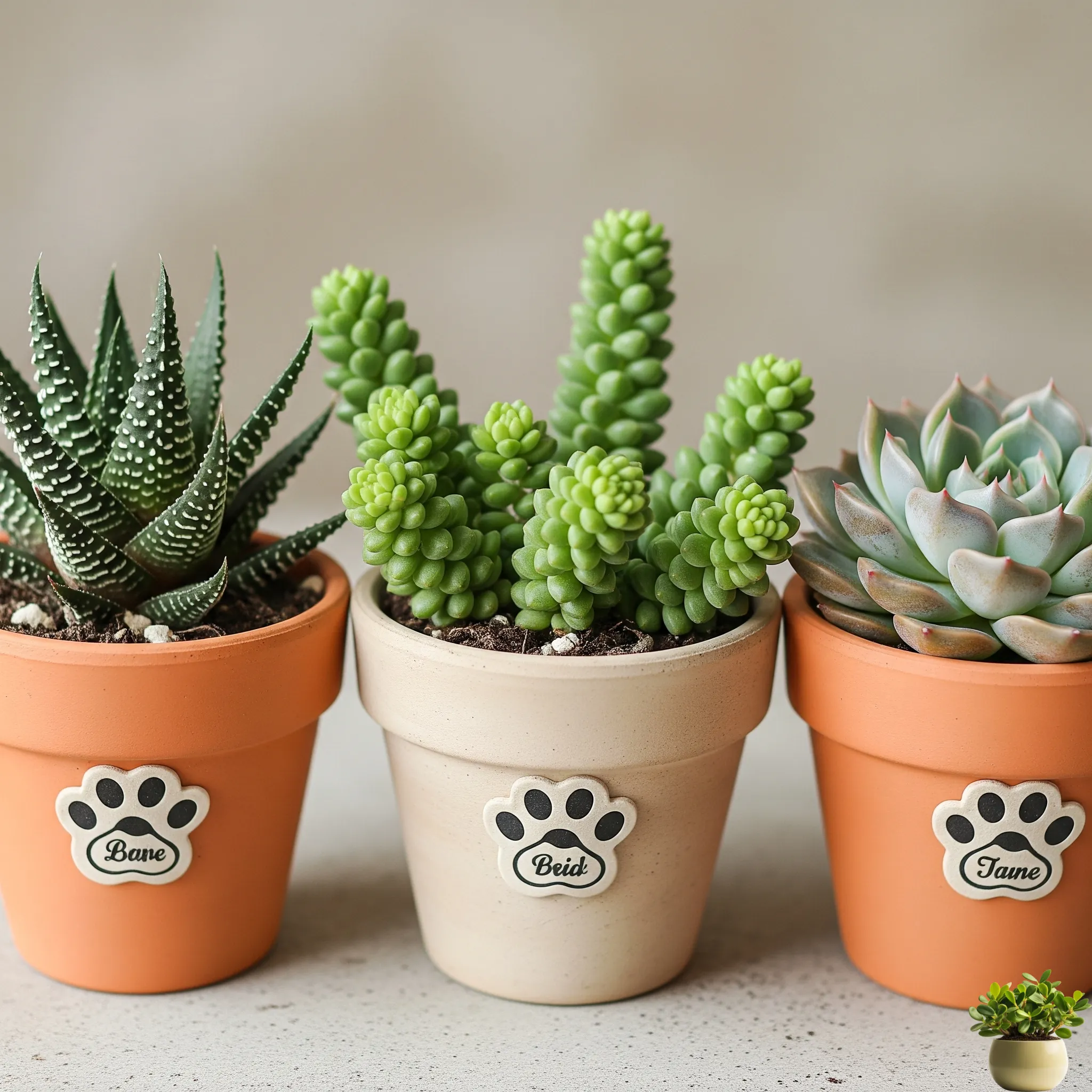
Strategic Placement for Pet-Safe Succulents
Even with safe varieties, smart placement prevents plant damage and mess:
- High shelves and windowsills keep plants secure
- Hanging planters create visual interest while staying out of reach
- Closed terrariums protect delicate varieties from paws
- Corner plant stands maximize space in apartments
Remember: safe doesn’t mean edible! Supervision prevents overindulgence that could cause mild stomach upset.
Toxic Succulents to Avoid Completely
According to ASPCA plant safety guidelines, these common succulents are dangerous for pets:
Aloe Vera – Contains saponins causing vomiting and diarrhea Jade Plants – Toxic compounds affect coordination and depression Kalanchoe – Highly poisonous, can cause heart arrhythmias Snake Plants – Saponins cause nausea and mouth pain
Always research before purchasing new plants, and contact your veterinarian immediately if your pet ingests any unknown plant.
Pet Safety Quick Reference
| Tip | Why It Helps |
|---|---|
| Use hanging planters | Keeps plants out of reach of pets |
| Avoid Aloe and Jade | These are toxic if chewed |
| Monitor plant damage | Chewed leaves = potential issue |
| Research before buying | Prevents accidental toxic purchases |
| Keep emergency vet info handy | Quick response if ingestion occurs |
Pet-Safe Soil & Fertilizer Guidelines
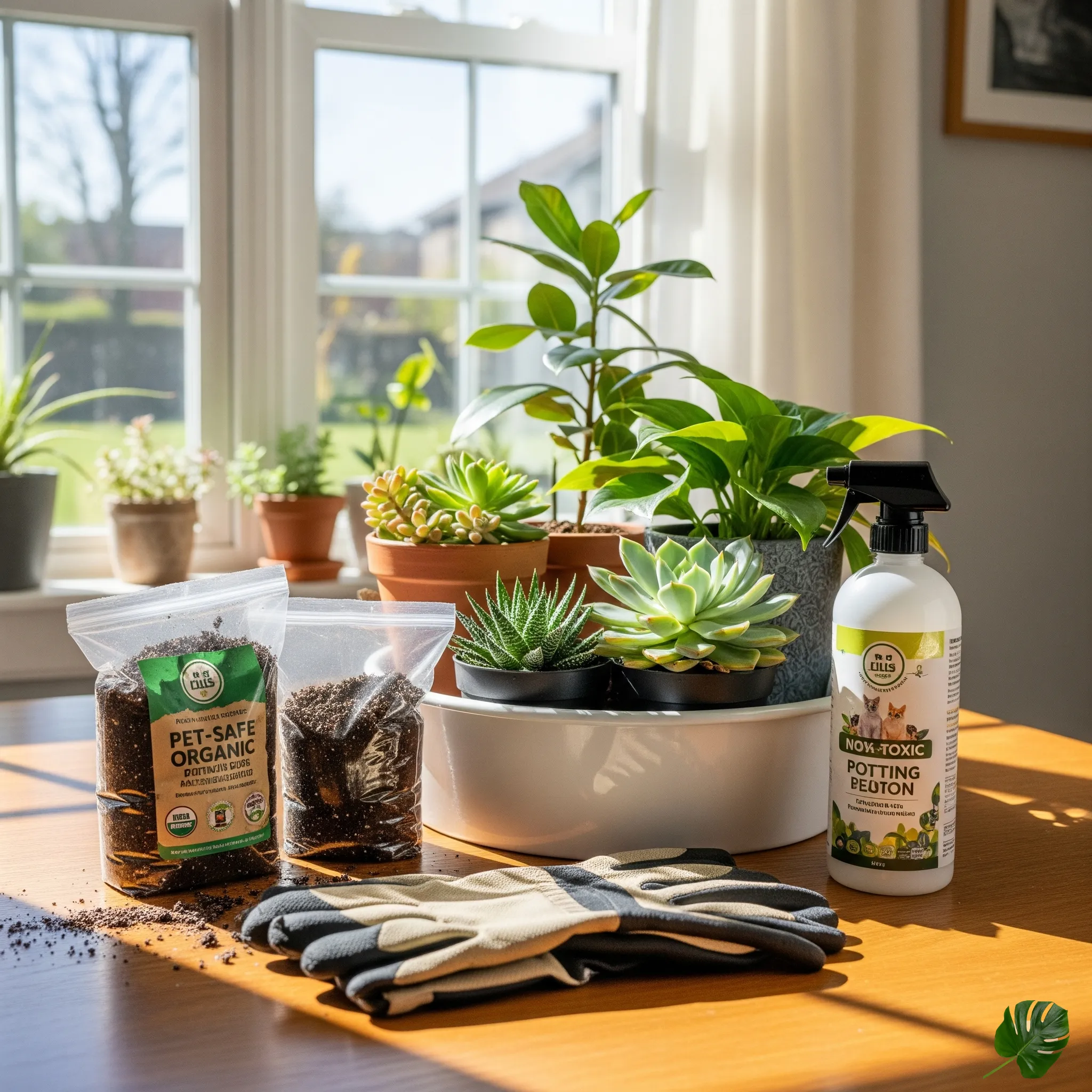
Choose pet-friendly growing materials:
Soil: Organic cactus mix without added chemicals or synthetic fertilizers Fertilizers: Slow-release, organic plant food applied sparingly Pest Control: Neem oil or insecticidal soap instead of toxic sprays Mulch: Avoid cocoa mulch (toxic to dogs) – use decorative stones instead
Always store gardening supplies in pet-proof containers and wash hands thoroughly after plant care.
Creating Your Pet-Safe Plant Paradise
Start with 2-3 varieties from our safe list to test your green thumb. Safe succulents for cats and dogs like Haworthia and Echeveria thrive in similar conditions, making care simple for beginners.
Consider creating themed displays: desert gardens with Christmas cacti, or modern arrangements with geometric planters showcasing Burro’s Tail cascades.
Conclusion
Beautiful pet-safe succulents prove you don’t have to choose between gorgeous plants and pet safety. Haworthia, Echeveria, and Burro’s Tail offer stunning variety while keeping your furry family members safe from harm.
Start your collection today with these beginner-friendly options, share this guide with fellow pet-loving plant parents, and remember: even safe plants should be enjoyed in moderation. Your pets (and your Instagram feed) will thank you!

